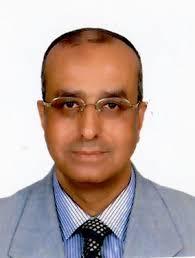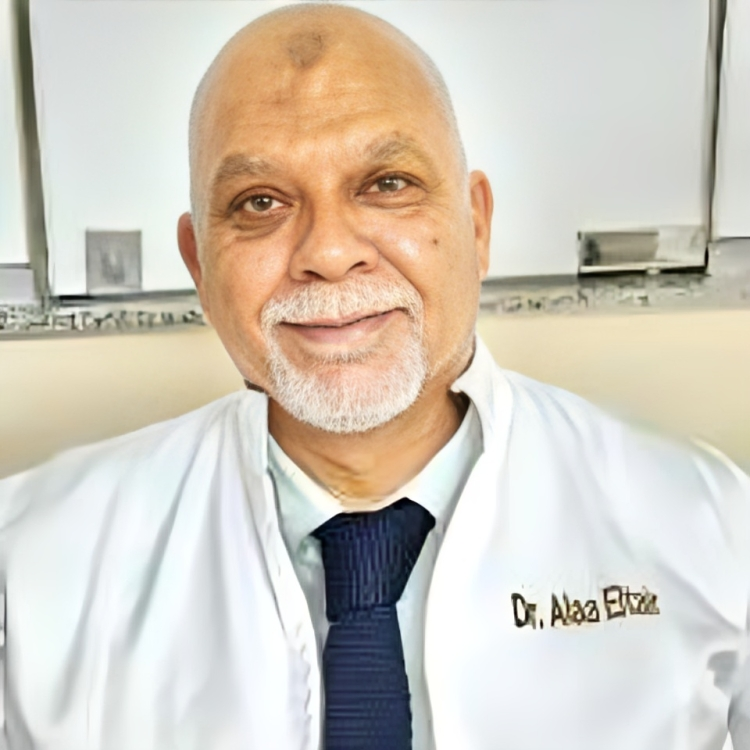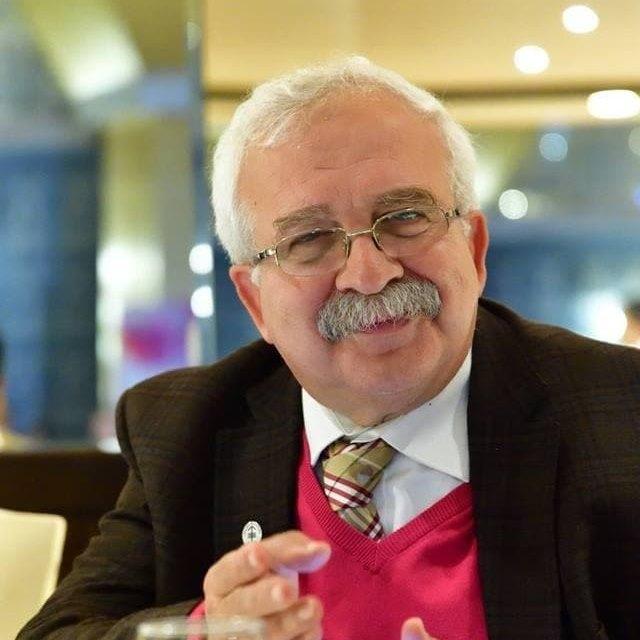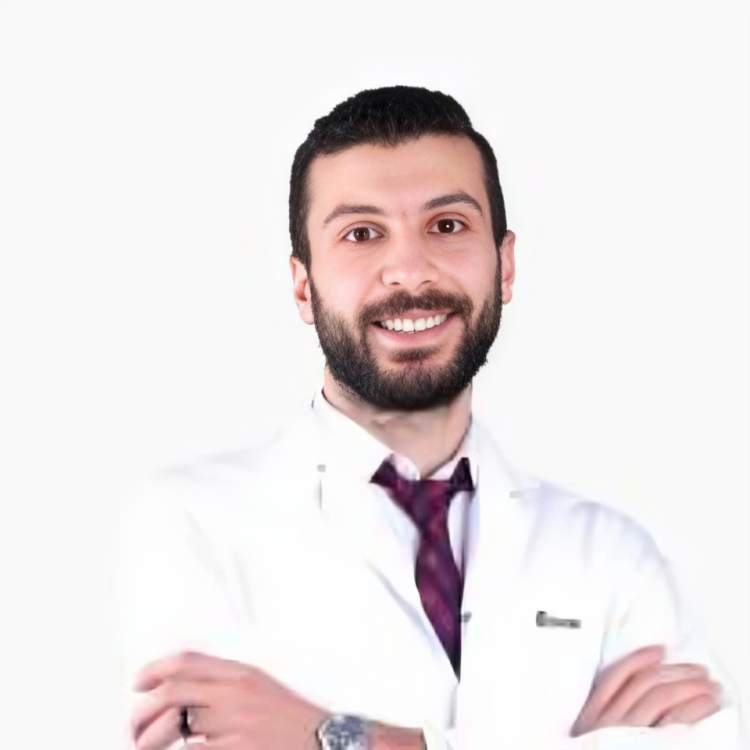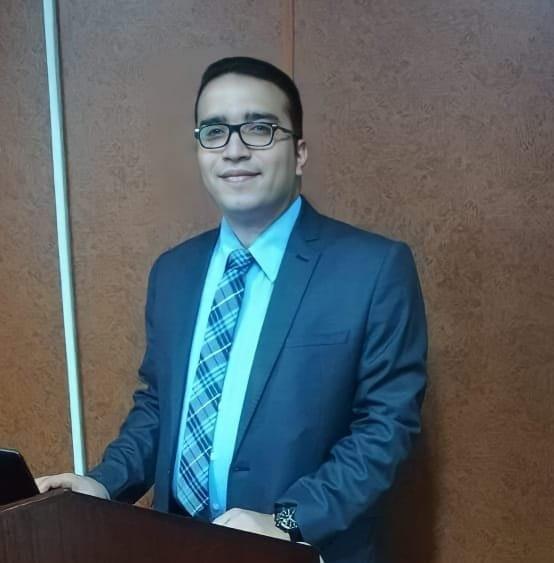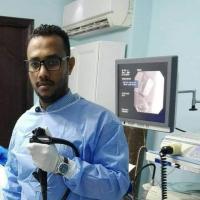Search Misr Connect
 Pancreatic surgeons
Pancreatic surgeons
Guide to the Best Pancreatic Surgeons in Egypt | Book Now Easily
Are you looking for the best pancreatic surgeon in Egypt? With Misr Connect, finding a highly skilled specialist in pancreatic surgery has never been easier!
We provide you with a list of top doctors specializing in:
Pancreatic tumor surgeries, pancreatic cyst removal, chronic pancreatitis surgery, and pancreas transplantation using the latest surgical techniques.
Don't hesitate to receive specialized medical care—your health deserves the best!
Speciality: General Surgeons
Price: Not Available
Phone: 01555589209
WhatsApp: 01555589209
Location: Heliopolis, Cairo
Address: 60 El Khalifa El Mamoun Street, next to El Asr Market, 5th floor, Heliopolis
About the Doctor:
Dr. Rami Abdel Jawad MassoudConsultant in Pancreatic Surgery 🍏💉🩺
Main Specialties and Experience:
Dr. Rami Abdel Jawad Massoud is a renowned pancreatic surgery consultant with over a ... Read More
Speciality: General Surgeons
Price: Not Available
Phone: 0226396006
WhatsApp: 0226396006
Location: Heliopolis, Cairo
Address: 94 Abdel Aziz Fahmy St., Saint Fatima, Heliopolis
About the Doctor:
Dr. Abdul Rahman Mohammed BakhitConsultant in Pancreatic Surgery
🌟 Specialization:Dr. Abdul Rahman Mohammed Bakhit is a consultant in pancreatic surgery, specializing in the diagnosis and treatment ... Read More
Speciality: General Surgeons
Price: Not Available
Phone: 011 00253812
WhatsApp: 011 00253812
Location: Heliopolis, Cairo
Address: New Cairo 27 Salah El Din Square Street, El Korba, New Cairo
About the Doctor:
Dr. Alaa Mohamed Al-TayirProfessor and Consultant in Pancreatic Surgery
🌟 Specialization:Dr. Alaa Mohamed Al-Tayir is a professor and consultant in pancreatic surgery, specializing in the diagnosis ... Read More
Speciality: General Surgeons
Price: Not Available
Phone: 010 01401170
WhatsApp: 010 01401170
Location: El Manial, Cairo
Address: 70 El Manial, West El Manial, Old Cairo District, Cairo Governorate
About the Doctor:
Dr. Jamal AmeiraProfessor and Consultant in Pancreatic and Laparoscopic Surgery
🌟 Specialization:Dr. Jamal Ameira is a professor and consultant in pancreatic and laparoscopic surgery, specializing in ... Read More
Speciality: General Surgeons
Price: Not Available
Phone: 010 50002299
WhatsApp: 010 50002299
Location: Nasr City, Cairo
Address: Next to Al Manhal School, 8 Block 1, Mostafa El Nahhas, Nasr City, Cairo Governorate
About the Doctor:
Dr. Islam AmerSpecialist in Pancreatic Surgery
🌟 Specialization:Dr. Islam Amer is a specialist in pancreatic surgery, focused on diagnosing and treating diseases related to the pancreas ... Read More
Speciality: General Surgeons
Price: Not Available
Phone: 01110273483
WhatsApp: 01110273483
Location: Mokattam, Cairo
Address: 9th Street, El Moqatam, in front of El Moqatam Specialized Hospital, above El Mokhtabar Laboratory
About the Doctor:
Dr. Hisham SaidConsultant Specialized in Pancreatic Surgery
Specialization:Dr. Hisham Said is a consultant specialized in pancreatic surgery, with extensive experience in diagnosing and treating complex diseases ... Read More
Speciality: General Surgeons
Price: Not Available
Phone: 01115751117
WhatsApp: 01115751117
Location: Mohandisin, Giza
Address: 19 Hero Ahmed Abdel Aziz, Agouza, Agouza District, Giza Governorate
About the Doctor:
Dr. Ramah MohamedProfessor and Consultant in Pancreatic Surgery
Specialty:Dr. Ramah Mohamed is a Professor and Consultant in Pancreatic Surgery, specializing in the diagnosis and treatment of ... Read More
Speciality: General Surgeons
Price: Not Available
Phone: 011 43974747
WhatsApp: 011 43974747
Location: Sheikh Zayed, Giza
Address: Twin Tower Sheikh Zayed Central Axis Building D - 6th Floor - Clinic
About the Doctor:
Dr. Salem HamedPancreatic Surgery Specialist
Specialization:
Dr. Salem Hamed is a Pancreatic Surgery Specialist, with expertise in diagnosing and treating pancreas and digestive system-related diseases. He has ... Read More
FAQ
General surgery is a medical specialty that deals with various diseases requiring surgical intervention to repair or remove damaged tissues or organs in the body. General surgery may include surgical procedures related to the digestive system, soft tissues, endocrine glands, blood vessels, tumors, and other organs.
A general surgeon is a trained professional who performs complex surgical operations, and the patient is considered part of a therapeutic team that includes assistant doctors, nurses, anesthesiologists, and others.
General surgeons perform a variety of surgical procedures, including:
-
Gastrointestinal Surgery:
- Appendectomy: Removal of the appendix in cases of appendicitis (inflammation of the appendix).
- Cholecystectomy: Surgery to remove the gallbladder when gallstones cause inflammation or obstruction.
- Gastric and Intestinal Surgery: Surgeries to treat ulcers, cancers, intestinal infections, or bowel obstructions.
-
Endocrine Surgery:
- Thyroidectomy: Removal of part or the entire thyroid gland in cases of cancer or gland enlargement.
- Adrenalectomy: Removal of adrenal glands to treat tumors or manage high blood pressure related to the glands.
-
Vascular Surgery:
- Aneurysm Repair: Surgical procedure to repair dilated blood vessels that may burst.
- Removal of Tumors Affecting Blood Vessels: Such as vascular tumors that impact blood circulation.
-
Soft Tissue Surgery:
- Removal of Benign and Malignant Tumors: In the skin, muscles, fat, or other tissues.
- Wound Repair: Treatment of injuries from accidents or burns.
The tumors that may require surgery vary depending on the type of tumor and its stage of spread:
-
Breast Tumors: Mastectomy or removal of superficial tumors is common in cases of breast cancer. Sometimes, lymph nodes in the armpit are also removed to check for the spread of cancer.
-
Colon and Rectal Cancer: Surgery to remove part of the intestine or colon when the tumors cause blockages or bleeding.
-
Skin Cancer: Surgical removal of skin tumors such as basal cell carcinoma or squamous cell carcinoma.
-
Liver Cancer: In some cases, surgery is necessary to remove liver tumors, especially if they are discovered early.
Surgical endoscopes enable surgeons to perform precise operations with minimal intervention. Endoscopes are used for examinations or surgeries with the assistance of a camera and thin instruments inserted through small incisions, which reduces recovery time and postoperative pain.
-
Laparoscopy: Used in abdominal surgeries such as appendectomy, cholecystectomy (gallbladder removal), or tumor removal.
-
Colonoscopy: Used to explore the colon and rectum and diagnose benign tumors or cancer.
-
Thoracoscopy: Used to examine the lungs or diagnose tumors in the chest.
Surgical endoscopy is considered a revolution in medicine, offering numerous benefits compared to traditional surgery:
- Less Pain: Due to the smaller incisions used, patients experience less pain after the procedure.
- Faster Recovery: The recovery period after surgery is significantly shorter compared to traditional surgery.
- Reduced Complications: With smaller incisions, there is a lower risk of infection or bleeding.
- Greater Precision: The endoscope allows the surgeon to have a better view of the organs, leading to more accurate procedures.
Many tumors do not require direct surgery and can be treated through other methods depending on the type and location of the tumor:
- Chemotherapy: Used for malignant tumors that have spread or those that cannot be surgically removed.
- Radiation Therapy: Used for tumors located in areas that are difficult to reach surgically.
- Immunotherapy: A modern option for certain types of cancer, where drugs are used to boost the immune system to attack cancer cells.
- Early Diagnosis of the Tumor: Tumors detected at an early stage are often more amenable to complete surgical removal.
- Presence of Severe or Life-Threatening Symptoms: Such as bowel obstruction due to a bowel tumor or uncontrolled bleeding.
- Improving Quality of Life: In some cases, surgery may be required to alleviate pain or improve function, such as removing tumors that are causing pressure on organs.
Minimally invasive surgery uses advanced techniques to reduce pain and recovery time, with surgical endoscopy being one of the key methods. These may include:
- Partial Resection: Removal of part of the tumor instead of removing the entire organ.
- Laser Surgery: Laser is used to destroy small tumors.
- Endoscopic Resection: Used in cases where tumors need to be removed using precise instruments through an endoscope.
Endoscopy is used in colon and rectal surgery to examine benign or malignant tumors in the large intestine. The surgeon can remove tumors during the examination using the endoscope, and it is also useful for examining patients suspected of having early-stage colon cancer.
Advantages:
- Removal of Benign Tumors: Benign tumors can be removed before they progress into cancer.
- Early Detection: Colon cancer or tumors can be detected in its early stages using endoscopy.
Although surgical endoscopy is minimally invasive, there are still risks associated with it:
- Infection: All surgeries carry a risk of infection, although endoscopic procedures reduce this risk.
- Bleeding: Bleeding may occur during the procedure or after surgery, especially in major surgeries.
- Damage to Surrounding Organs: In rare cases, the surgeon may inadvertently damage nearby organs during surgery.

